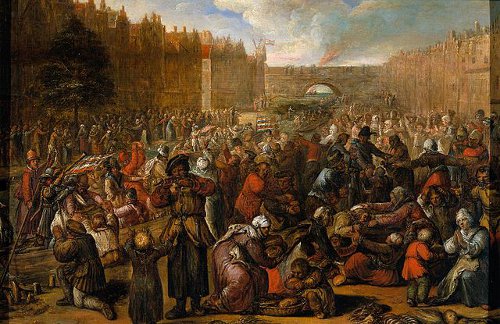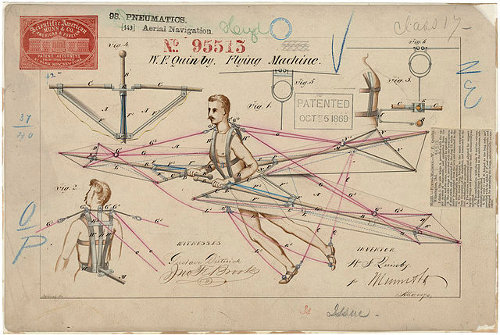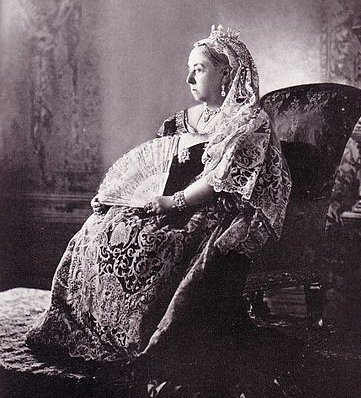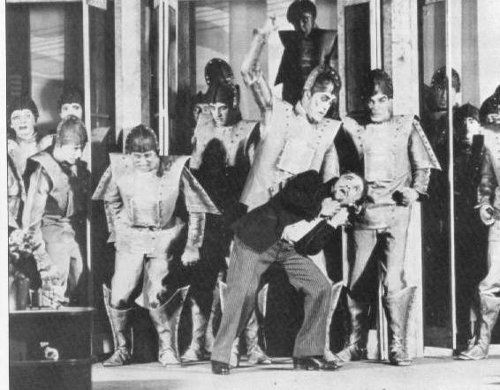frustraneous
adj. useless; unprofitable
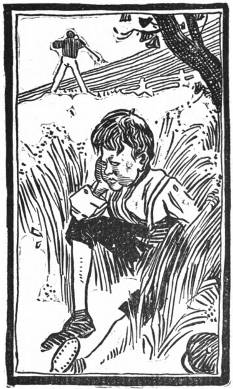
One Day a Caddy sat in the Long Grass near the Ninth Hole and wondered if he had a Soul. His Number was 27, and he almost had forgotten his Real Name.
As he sat and Meditated, two Players passed him. They were going the Long Round, and the Frenzy was upon them. They followed the Gutta Percha Balls with the intent swiftness of trained Bird Dogs, and each talked feverishly of Brassy Lies, and getting past the Bunker, and Lofting to the Green, and Slicing into the Bramble — each telling his own Game to the Ambient Air, and ignoring what the other Fellow had to say.
As they did the St. Andrews Full Swing for eighty Yards apiece and then Followed Through with the usual Explanations of how it Happened, the Caddy looked at them and Reflected that they were much inferior to his Father.
His Father was too Serious a Man to get out in Mardi Gras Clothes and hammer a Ball from one Red Flag to another.
His Father worked in a Lumber Yard.
He was an Earnest Citizen, who seldom Smiled, and he knew all about the Silver Question and how J. Pierpont Morgan done up a Free People on the Bond Issue.
The Caddy wondered why it was that his Father, a really Great Man, had to shove Lumber all day and could seldom get one Dollar to rub against another, while these superficial Johnnies who played Golf all the Time had Money to Throw at the Birds. The more he Thought the more his Head ached.
MORAL: Don’t try to Account for Anything.
— George Ade, Fables in Slang, 1899
